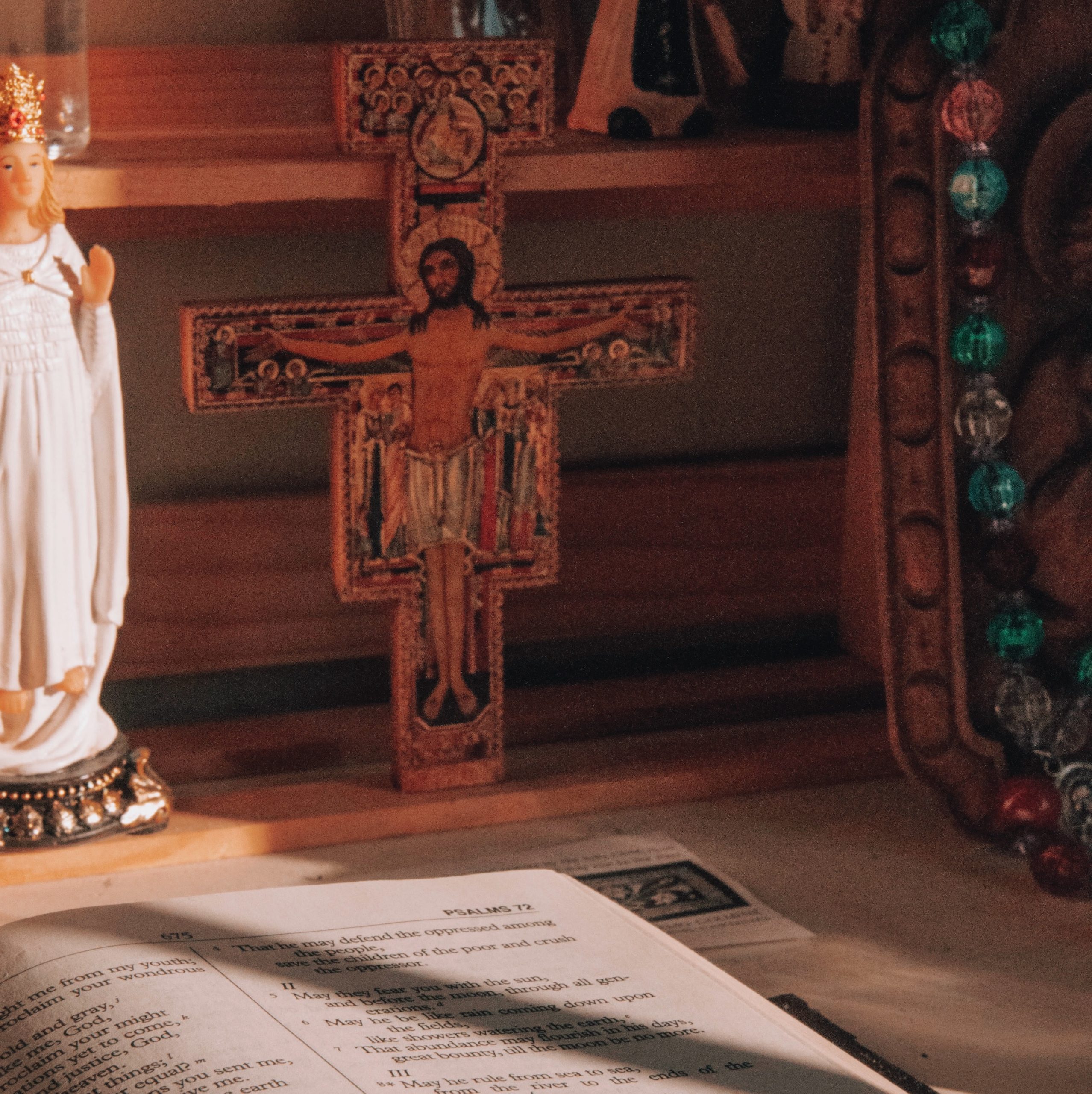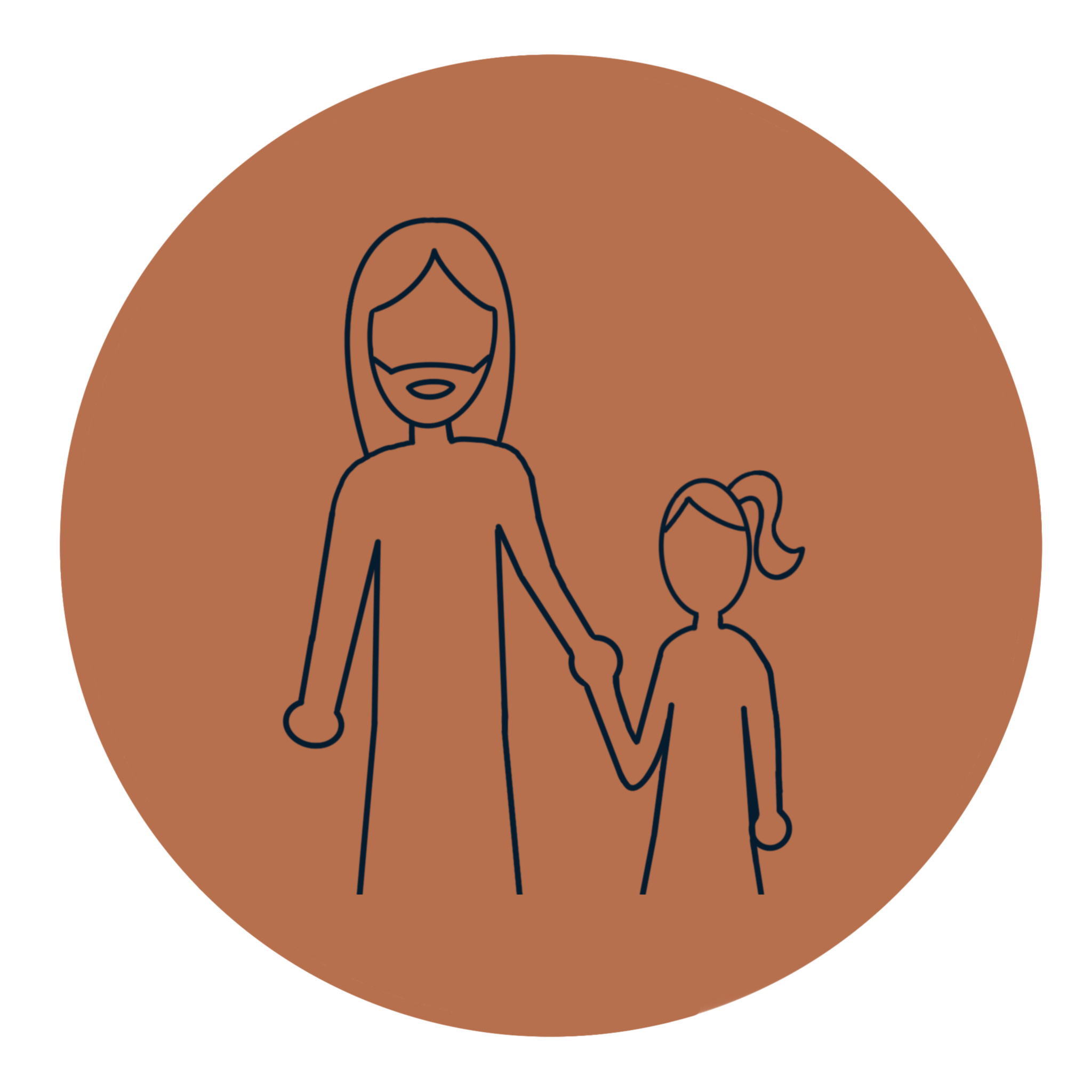Catholic Social Teaching

The themes of Catholic Social Teaching have been coming up a lot in my life recently.
As we experience this season Lent, I have been feeling particularly drawn toward advocating for social justice.
Obviously, as one of the three pillars of Lent, we are called to give alms. Almsgiving is an integral part of our spiritual lives, and it can aid us in deepening our union with Christ. The Church considers almsgiving “a work of justice pleasing to God” (CCC 2462). Almsgiving is more than donating money—it is an act of charitable love that glorifies the Father and His creation.
Although almsgiving is meant to be a year-round discipline, it is especially emphasized during Lent. As we strive to cultivate charity, may we advocate for social justice. Our spirituality can be strengthened when we focus on issues beyond ourselves, recognizing the God-given dignity of every human person. So, friend, as we continue to embark on our Lenten journey, I invite you to reflect on Catholic Social Teaching.
Seven Themes of Catholic Social Teaching
1. Life and Dignity of the Human Person
The Catholic Church teaches that all human life is sacred. The dignity of the human person is the foundation of moral society. We are called to combat developments that threaten the value of human life.
2. Call to Family, Community, and Participation
Humanity is in need of a well-organized society that glorifies its dignity. Marriage and family are the central social institutions in society. We must support families, and we must participate in society in order to seek a common-good.
3. Rights and Responsibilities
As Catholics, we are responsible for helping to protect human rights. A healthy community can only be achieved if human rights are protected.
4. Option for the Poor and Vulnerable
Catholic tradition calls us to put the needs of the poor and vulnerable first. In a society with rigid division between the rich and poor, we need to aim to prevent marginalization.
5. The Dignity of Work and the Rights of Workers
The economy exists to serve people. Work is a way to make a living and to continue participating in God’s creation. In order to protect, the basic rights of workers must be protected.
6. Solidarity
We are one, universal human family, regardless of racial, ethnic, economic, or social differences. At the core of solidarity is the pursuit of justice and peace.
7. Care for God’s Creation
We show our respect for the Creator by respecting His Creation. Our faith requires us to care for the Earth.
Resources For Social Teaching
Photo by Maria Oswalt on Unsplash
